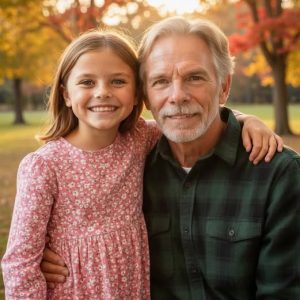Maria Farmer, a victim of Jeffrey Epstein, testified during Ghislaine Maxwell’s 2021 trial and has long pushed for accountability regarding Epstein’s network of powerful associates. Alongside her sister Annie, she approached the FBI in both 1996 and 2006, urging them to investigate Epstein’s actions and the protection he allegedly received from influential figures, including Donald Trump and Bill Clinton.
Farmer has repeatedly emphasized the role of Epstein’s elite connections in shielding him from justice for decades. Her testimony revived public focus on how those in power may have enabled or ignored his criminal behavior. She has also voiced frustration over the lack of action despite early warnings.
The White House, through communications director Steven Cheung, denied any inappropriate connection between Trump and Epstein. Cheung stated that Trump was never in Epstein’s office and that Trump banned Epstein from Mar-a-Lago after an incident of alleged misconduct. This statement seeks to reinforce Trump’s claim of distancing himself from Epstein.
Despite these denials, Trump continues to face questions about his historical links to Epstein, especially after Epstein’s jailhouse death in 2019. Critics argue that efforts to disassociate from Epstein are insufficient, particularly given the decades-long associations Epstein maintained with political and social elites.
Calls for greater transparency have grown louder. While Trump has supported the release of certain grand jury testimonies related to Epstein, legal experts argue that these partial disclosures are unlikely to satisfy public demand. Both the FBI and the Department of Justice have denied the existence of a definitive “client list,” further deepening public suspicion.
Farmer’s renewed testimony has added fuel to these concerns, reigniting scrutiny around figures like Trump who once moved in Epstein’s circles. Her voice remains central in ongoing demands for accountability and full disclosure of Epstein’s associates and enablers.





